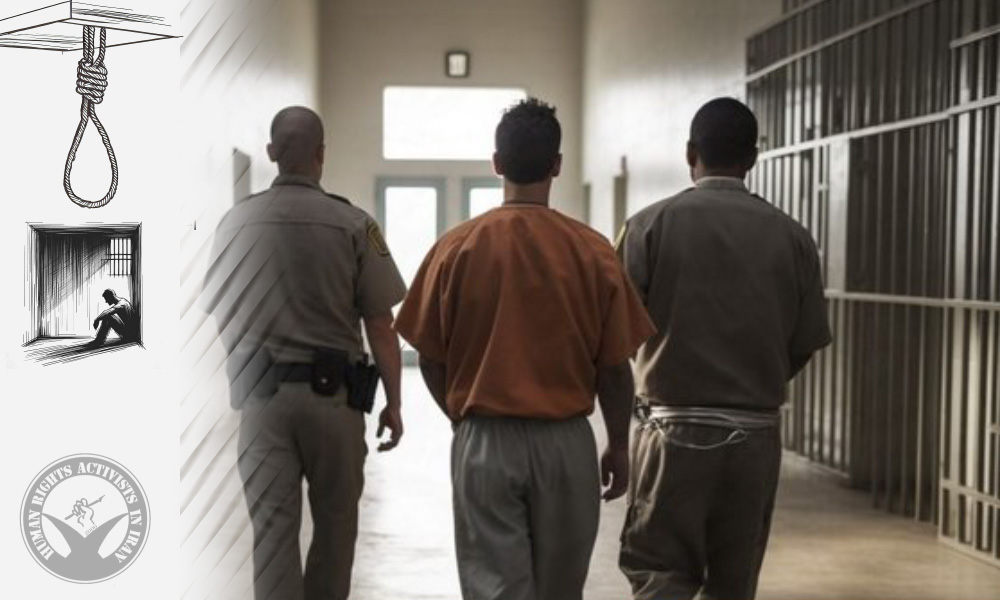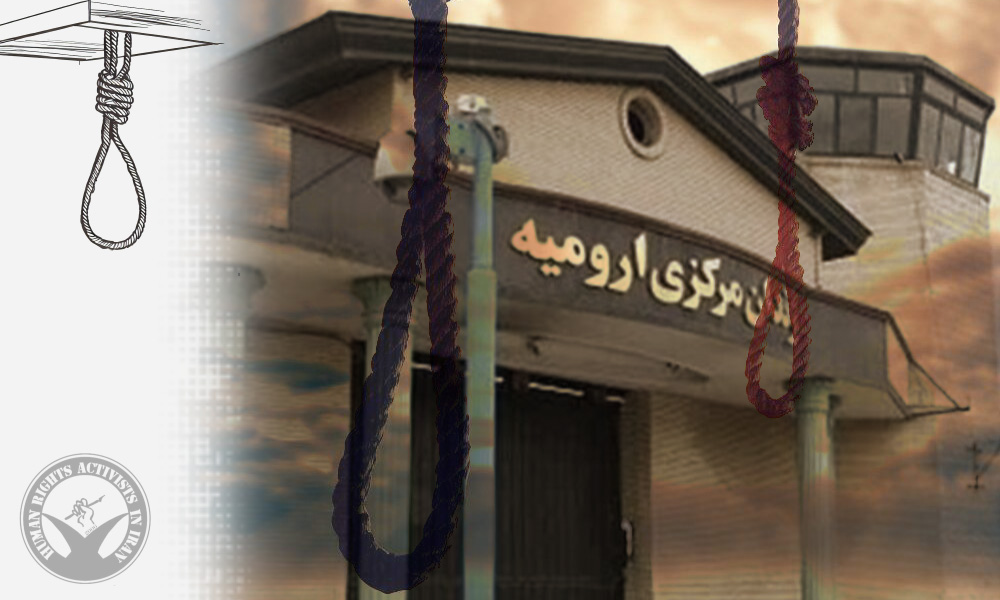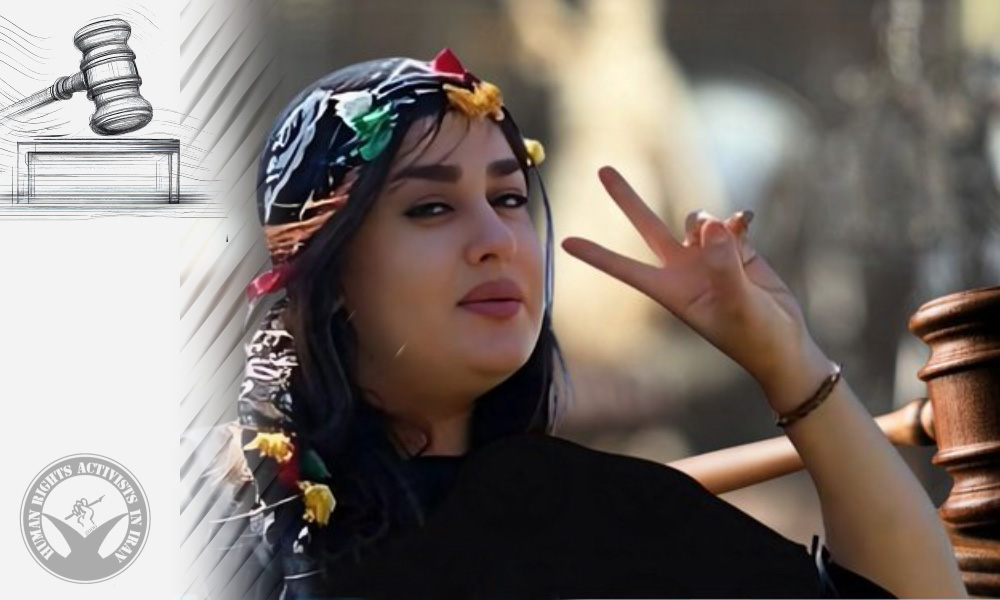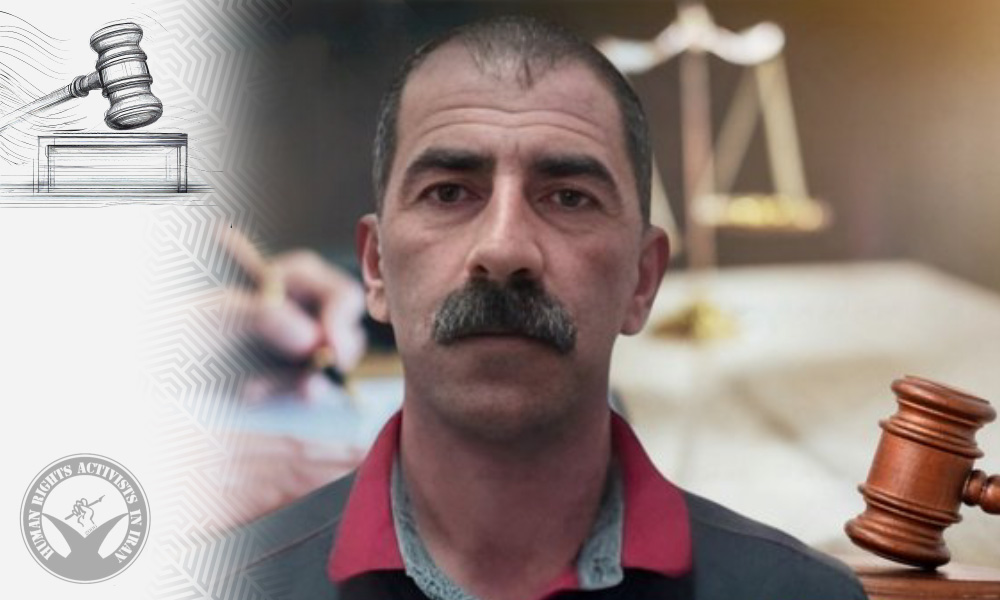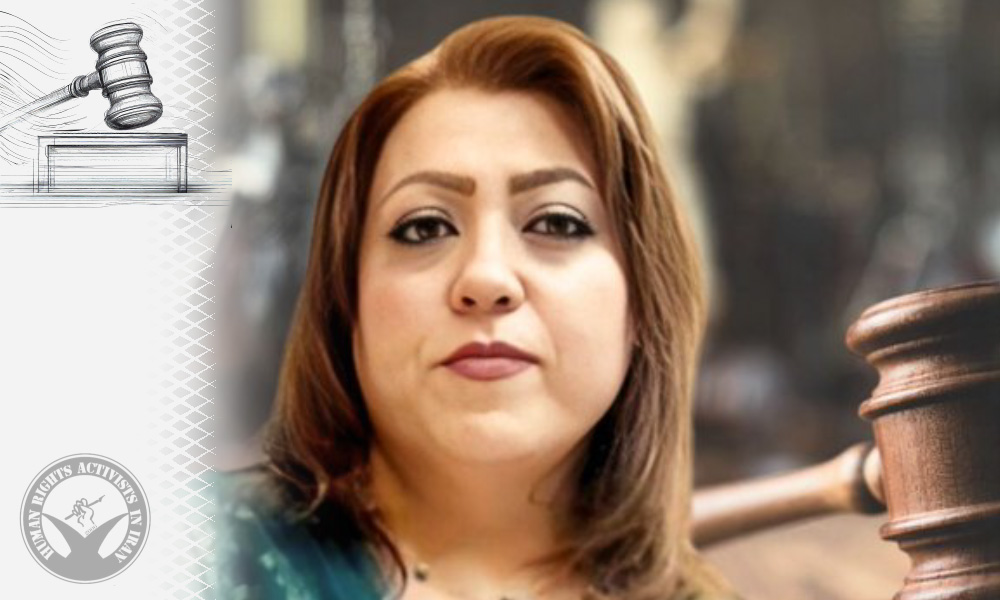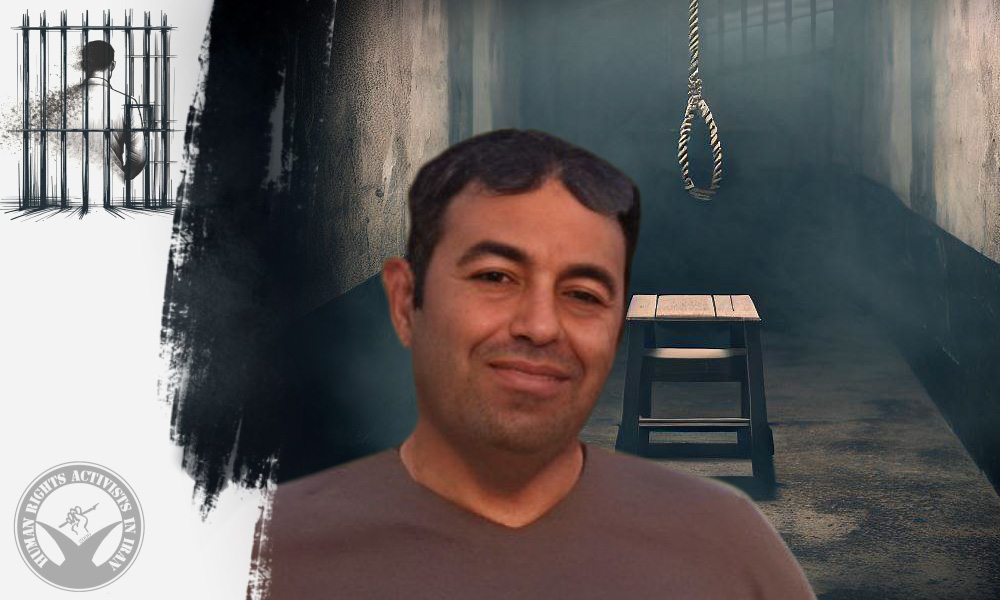Mehran Hassan Zadeh and Hamid Abdollah Zadeh, political prisoners detained in Urmia Prison, have been sentenced to death in separate cases by Branch 2 of the Revolutionary Court in Urmia.
According to HRANA, the news agency of Human Rights Activists in Iran, Mehran Hassan Zadeh was convicted on charges of baghi (armed rebellion), while Hamid Abdollah Zadeh was sentenced to death on suspicion of membership in an opposition party.
A source close to their cases confirmed to HRANA: “In Mehran’s case, the authorities accused him of involvement in the killing of a Basij member, which led to the baghi charge and the issuance of a death sentence. He was notified of the verdict a month ago. Regarding Hamid Abdollah Zadeh, his death sentence was issued two months ago.”
Mehran Hassan Zadeh, a resident of Oshnavieh, was initially arrested during the 2022 nationwide protests. After a period in detention, he was released on bail. In a separate part of his case, Branch 101 of the Oshnavieh Criminal Court sentenced him to nine months in prison on charges of “assembly and collusion against national security.” He was subsequently re-arrested and transferred to Urmia Prison.
Hamid Abdollah Zadeh, a resident of Urmia, was arrested by security forces in the fall of 2022 and has remained in Urmia Prison since his detention.
Both individuals are currently held in the political ward of Urmia Prison.




